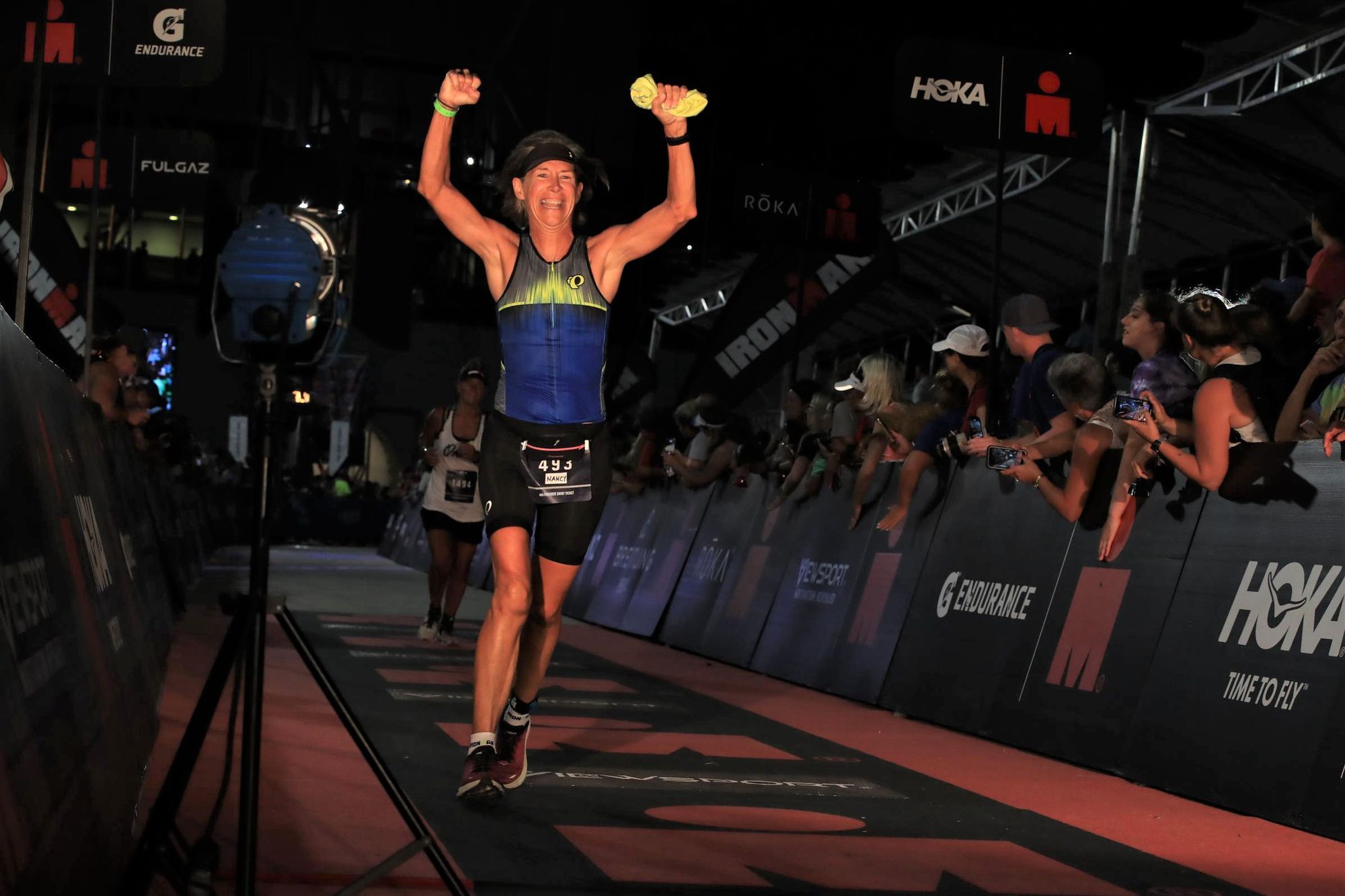Runners: Nancy Sutton
The Runners profile, normally available to premium subscribers to Running Shorts but free to everyone today, features Winston-Salem triathlete, and new Ironman, Nancy Sutton.

The Runners profile, normally available to premium subscribers to Running Shorts but free to everyone today, features Winston-Salem triathlete, and new Ironman, Nancy Sutton.
